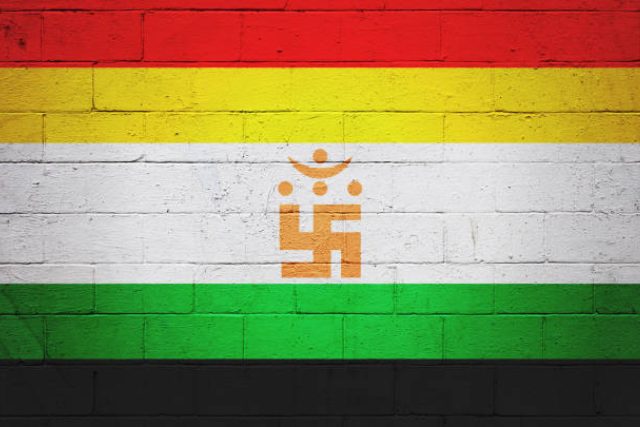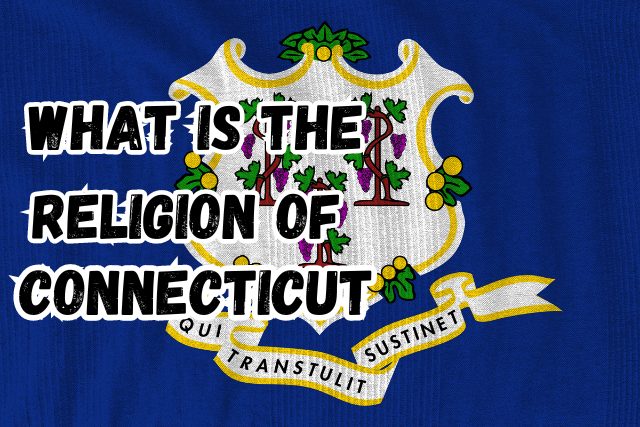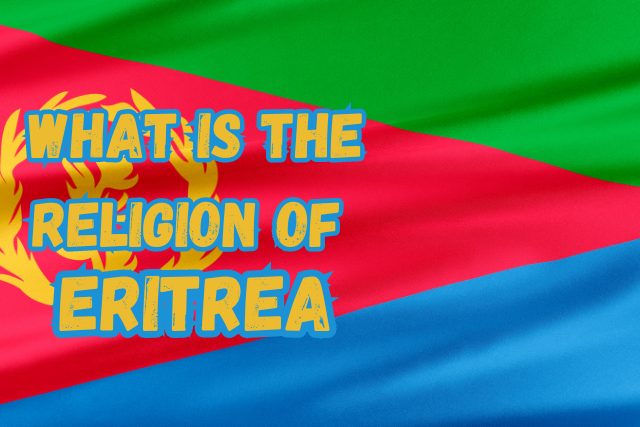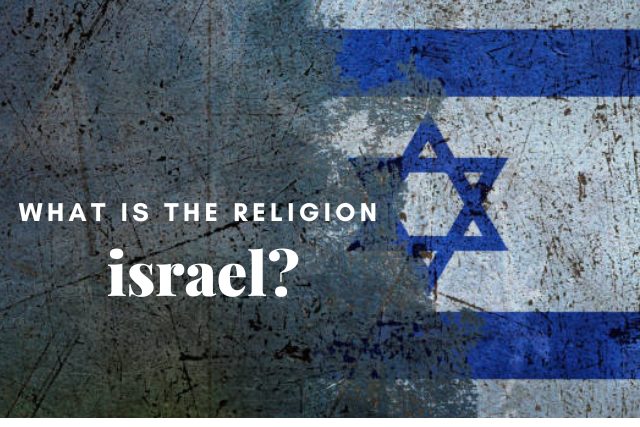What is the Religion of Argentina? Unveiling a Rich Tapestry of Faith
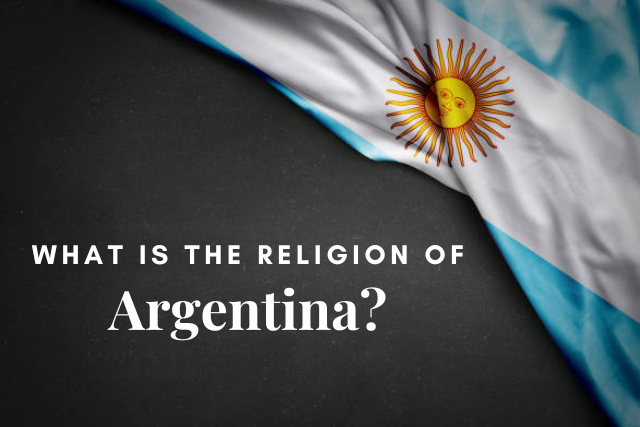
Argentina, the land of tango and breathtaking landscapes, boasts a rich cultural heritage influenced by waves of immigration throughout history. This diversity extends to the realm of faith, creating a fascinating religious landscape.
But, what do Argentinians believe in? Let’s look at the different religions in this country.
What is the Religion of Argentina?
Spanish colonization in the 16th century deeply embedded Catholicism in Argentina’s social fabric. Missionaries played a central role in establishing settlements, converting indigenous populations, and setting up educational institutions. The Catholic Church became a powerful force, shaping not just religious beliefs but also social services, cultural practices, and even national identity.
Estimates suggest that anywhere from 62.9% to a high of 92.12% of the population identify as Catholic, though church attendance figures are lower, with less than 20% practicing regularly. This disparity reflects a complex reality.
On the one hand, Argentina’s historical and cultural landscape bears the undeniable imprint of Catholicism. From the majestic cathedrals that grace Buenos Aires to the traditional festivals like Christmas and Easter that remain widely celebrated, Catholic influence is woven into the very fabric of Argentine life. Catholic values like social justice and family continue to resonate in society, even among those who may not actively practice the religion.
Catholicism in Argentina
However, to understand Argentina’s Catholic identity, it’s crucial to look beyond statistics. Catholicism in Argentina has a unique flavor, shaped by historical context and cultural influences. Folk Catholicism, a blend of indigenous beliefs and Catholic rituals, is a prominent feature. This syncretism is evident in the veneration of saints like Gauchito Gil, a gaucho folk hero associated with miracles, and the importance of pilgrimages to Marian shrines like Lujan.
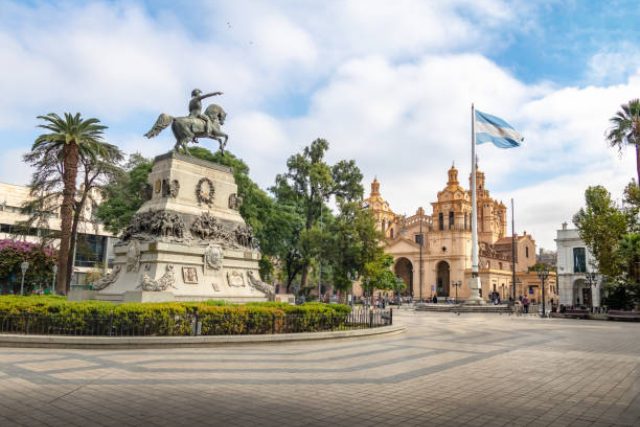
The Catholic Church in Argentina has also undergone significant transformations. The 20th century saw the rise of liberation theology, a movement that emphasized social justice and the plight of the poor. This ideology resonated with many Argentines during periods of political and economic turmoil. While the movement’s influence has waned, its legacy continues to shape the Church’s engagement with social issues.
Exploring Argentina’s Religious Mosaic
Argentina’s rich tapestry extends far beyond Catholicism and Protestantism. The country boasts a vibrant Jewish community, the largest in South America. Its roots trace back to the late 19th and early 20th centuries, when waves of Jewish immigrants arrived from Europe seeking refuge from persecution. Today, the Jewish community plays a significant role in Argentine society, contributing to cultural life, academia, and business.

Immigration from other parts of the world has also brought a diversity of faiths to Argentina. Islam is a growing presence, with mosques now found in major cities and smaller towns. Eastern religions like Buddhism and Hinduism are also finding a foothold, catering to a growing spiritual quest. These minority religions enrich Argentina’s religious landscape and offer alternative perspectives on faith and spirituality.
The Persistence of Indigenous Traditions
The story of Argentina’s religions wouldn’t be complete without acknowledging the enduring presence of indigenous belief systems. While often blended with Catholicism, these traditions continue to hold significance for many indigenous communities. Belief in a spirit world, reverence for nature, and the importance of ancestral connections are core tenets of these belief systems. Understanding these traditions offers a deeper appreciation for Argentina’s cultural heritage and the complex ways in which spirituality manifests itself.
The Role of Religion in Argentine Society
Religion continues to play a significant role in Argentine society, even with declining church attendance. The Catholic Church, for instance, remains a vocal advocate on social issues, addressing concerns like poverty, inequality, and human rights. Religious organizations also contribute significantly to education and healthcare, particularly in underserved areas. Charities and social service programs run by religious groups provide vital support to vulnerable communities.
However, the growing religious diversity presents .both opportunities and challenges. Interfaith dialogue and understanding are crucial to fostering social cohesion and inclusivity. Argentina, with its long history of tolerance and pluralism, is well-positioned to navigate this evolving religious landscape.
One key challenge lies in navigating the relationship between church and state. While Argentina’s constitution guarantees freedom of religion and the state is officially secular, the Catholic Church still holds a certain privileged position. This can be seen in areas like religious education in public schools and the presence of Catholic chaplains in hospitals and the military. Finding a balance between respecting Catholic tradition and ensuring inclusivity for all faiths is an ongoing conversation.
Social and Political Influences
Religion also plays a role in shaping Argentina’s social and political landscape. Religious leaders often weigh in on political debates, particularly on issues related to morality, family values, and abortion rights. The influence of the Catholic Church on social legislation is a point of contention, with some advocating for a more secular approach.

However, religious organizations can also be powerful agents for social change. Grassroots movements within churches have addressed issues like poverty, human trafficking, and environmental degradation. The rise of liberation theology is a prime example of how religion can inspire social activism.
The Future of Faith in Argentina
Looking ahead, Argentina’s religious landscape is likely to continue diversifying. Secularism is also a growing trend, with a significant portion of the population identifying as agnostic or atheist. This presents a unique opportunity for a more inclusive and tolerant society where individuals can freely practice their faith or choose not to.
The challenge lies in creating a space where all beliefs, or lack thereof, are respected. Educational initiatives that promote religious literacy and interfaith understanding can play a crucial role in fostering this inclusivity. Ultimately, Argentina’s future religious landscape will likely be shaped by a complex interplay of tradition, individual choice, and the evolving social and political context.
FAQs About What is the Religion of Argentina
What is the main religion in Argentina?
Catholicism is the dominant religion in Argentina, with estimates suggesting anywhere from 62.9% to 92.12% of the population identifying as Catholic. However, church attendance is lower, with less than 20% practicing regularly.
Is Argentina a religious country?
Religion continues to play a significant role in Argentine society, even with declining church attendance. The Catholic Church remains influential on social issues and social services. However, Argentina is also becoming increasingly diverse in its religious landscape, with Protestantism, Judaism, Islam, and Eastern religions gaining a foothold. There’s also a growing trend of secularism.
What is the difference between Catholicism in Argentina and Europe?
Argentine Catholicism has a unique flavor compared to European Catholicism. It’s influenced by historical context and cultural factors. Folk Catholicism, which blends indigenous beliefs with Catholic rituals, is a prominent feature. Additionally, the rise of liberation theology in the 20th century emphasized social justice, leaving a lasting impact on the Church’s social engagement.
Are there any other major religions in Argentina besides Catholicism?
Argentina boasts a vibrant Jewish community, the largest in South America. There’s also a growing presence of Islam and Eastern religions like Buddhism and Hinduism. Indigenous belief systems, often blended with Catholicism, also hold significance for many communities.
Is Argentina a tolerant country towards different religions?
Argentina has a long history of tolerance and pluralism. The constitution guarantees freedom of religion, and the country is well-positioned to navigate its evolving religious landscape through interfaith dialogue and understanding. However, there are ongoing discussions about the relationship between church and state, particularly regarding Catholic influence in public spheres like education.
Conclusion
So, what is the religion of Argentina? There’s no single answer. Argentina’s religious landscape is a fascinating tapestry woven from the threads of Catholicism, Protestantism, Judaism, Islam, indigenous traditions, and growing secularism. This diversity reflects a nation grappling with its past, embracing new ideas, and forging a unique path forward. Argentina’s religious landscape, like the tango, is a dynamic dance between tradition and innovation, a captivating reflection of a nation in constant evolution.

